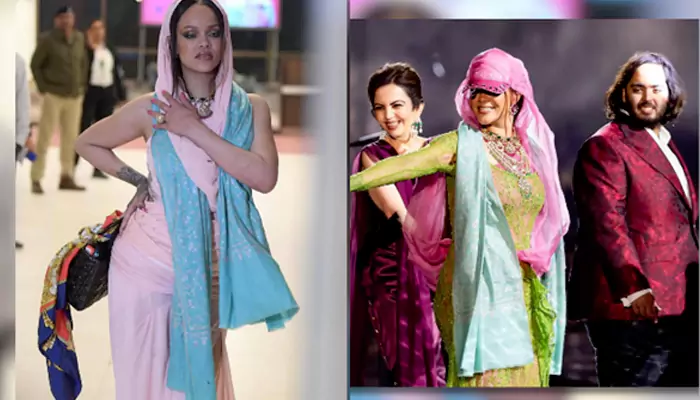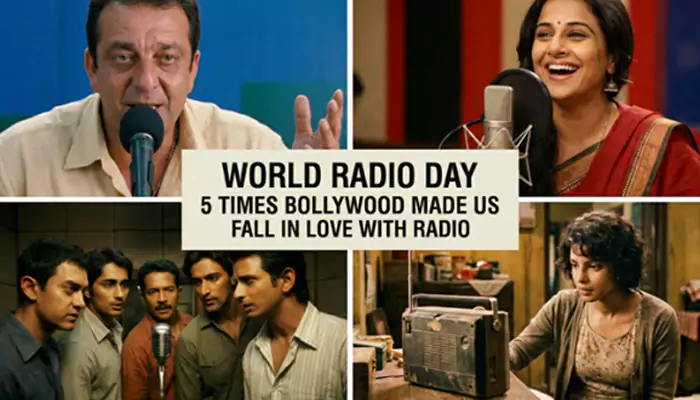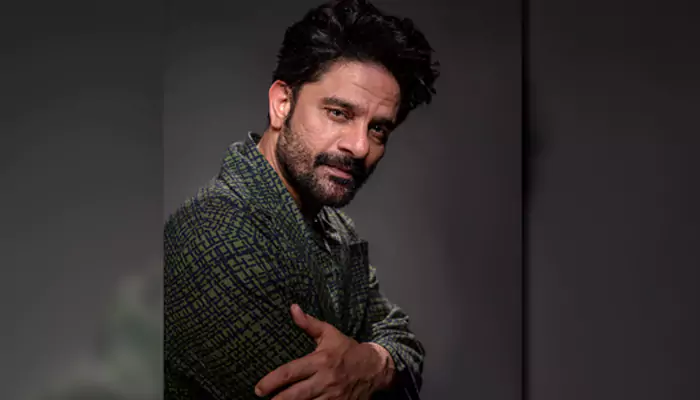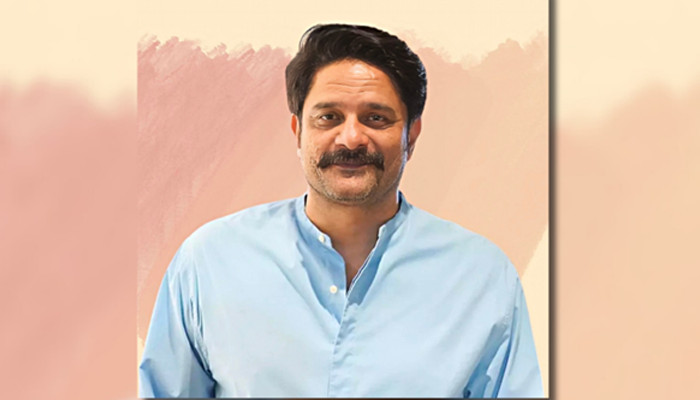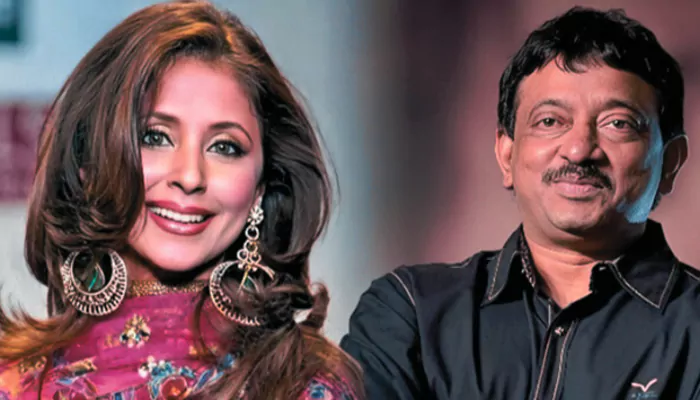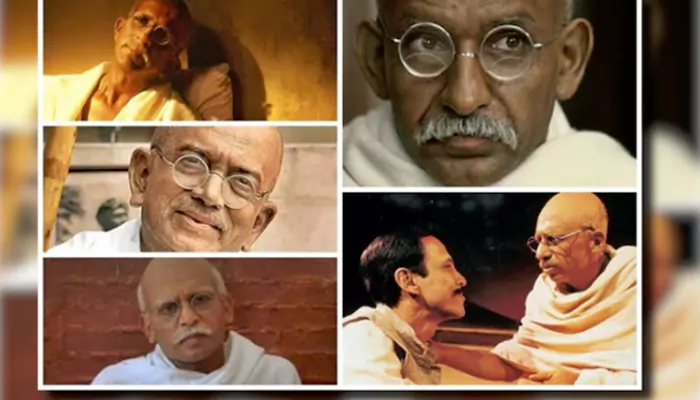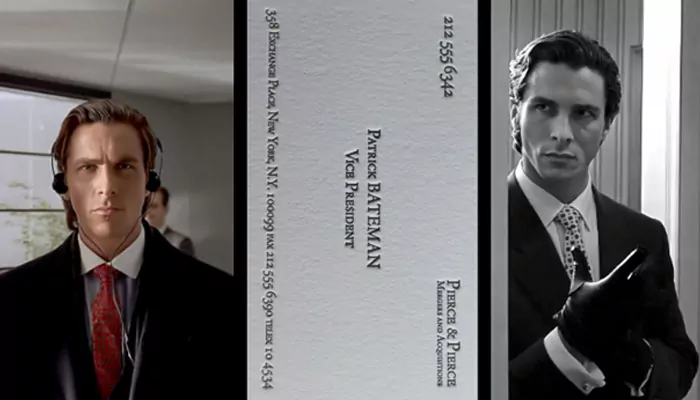Raj Kapoor Turns 100: How He Captured India’s Heart and Global Attention
- Shruti Sharma
- 1 year ago
- 3 minutes read

Did you know that Time magazine ranked his performance in Awaara among the top 10 most outstanding performances of all time?
As the world celebrates Raj Kapoor's 100th birth anniversary on December 14, 2024, we remember a man who not only defined Indian cinema but also took it to international heights. Raj Kapoor was born in Peshawar in 1924, and his illustrious career as an actor, filmmaker, and visionary earned him the title of the "Showman of Indian Cinema."
The Kapoor Legacy and Early Years
Raj Kapoor inherited a legacy of storytelling and innovation from his father, Prithviraj Kapoor, who we all know as a pioneer of Indian theatre and cinema. Thanks to such a creative environment at home, Raj Kapoor's artistic journey began early. His experiences at Prithvi Theatres shaped his understanding of drama and human emotions, which became hallmarks of his films.
Kapoor's cinematic breakthrough came with Neel Kamal (1947), but it was his role in Barsaat (1949) alongside Nargis that catapulted him to stardom. Their chemistry became iconic, setting the tone for a new era in Bollywood.
Credit: rajkapoorsahab/@instagram
A Visionary Filmmaker
Kapoor founded RK Films in 1948. The film studio went on to redefine Indian cinema. His films, such as Awaara (1951) and Shree 420 (1955), tackled universal themes of love, resilience, and societal struggles. These narratives resonated not just in India but across borders.
Kapoor's directorial masterpiece Awaara was a milestone in Indian cinema's global outreach. Its story of class struggle and redemption struck a chord internationally, particularly in Russia, where audiences embraced Kapoor as a cultural icon. The film's theme song, "Awaara Hoon," became an anthem of hope, transcending linguistic and cultural barriers.
Credit: rajkapoorsahab/@instagram
The Global Appeal of Raj Kapoor
Kapoor's influence extended far beyond India's borders. In the Soviet Union, his films symbolised universal struggles and optimism and thus led to an enduring fanbase. Awaara was screened at the Cannes Film Festival in 1953, where Indian cinema was showcased on a global stage.
His universal themes also resonated in the Middle East and Africa, where audiences connected with his portrayal of love and human perseverance. Kapoor's ability to tap into shared emotions made him a true global ambassador of Bollywood.
Kapoor's films were incomplete without music, and his collaboration with Shankar-Jaikishan set a gold standard in Bollywood. Songs like "Mera Joota Hai Japani" and "Pyaar Hua Ikraar Hua" became cultural touchstones, adding emotional depth to his stories. These melodies transcended borders, cementing Kapoor's global legacy.

An Enduring Legacy
Raj Kapoor was more than a filmmaker; he was a storyteller who captured the soul of a nation. His ability to weave India's ethos into universally relatable narratives ensured his place in cinematic history. Even today, his work inspires filmmakers worldwide, keeping his legacy alive.
Celebrating 100 years of Raj Kapoor, we look back on his contributions and it reminds us of cinema's power to connect cultures and hearts. He wasn't just India's showman but the world's window to Bollywood's magic.



